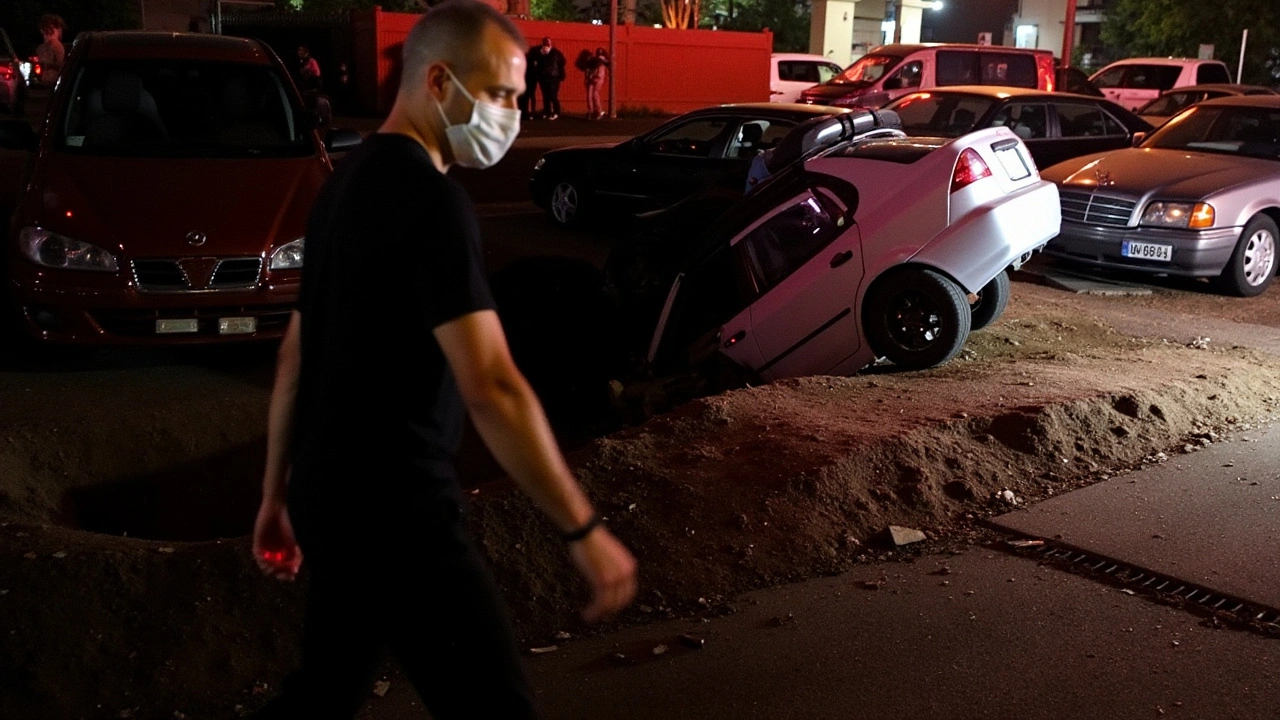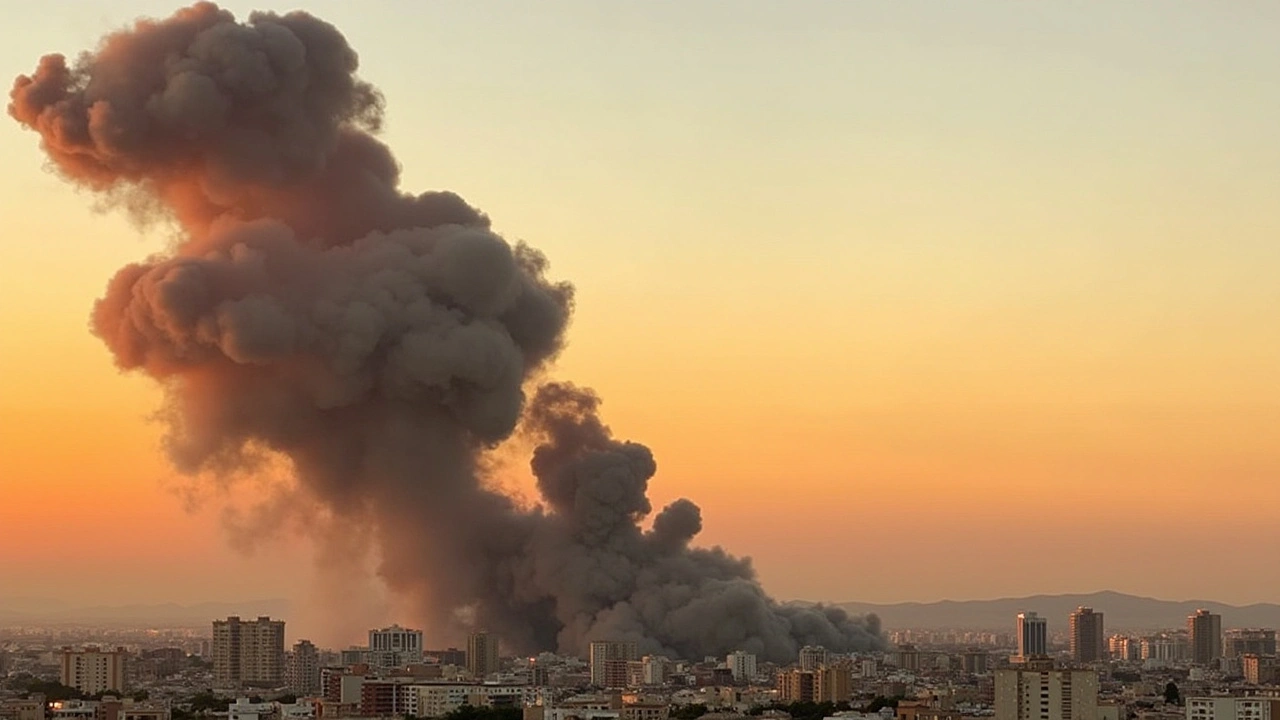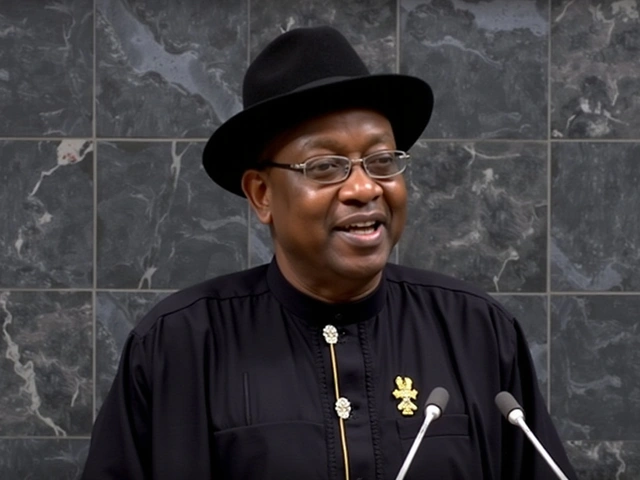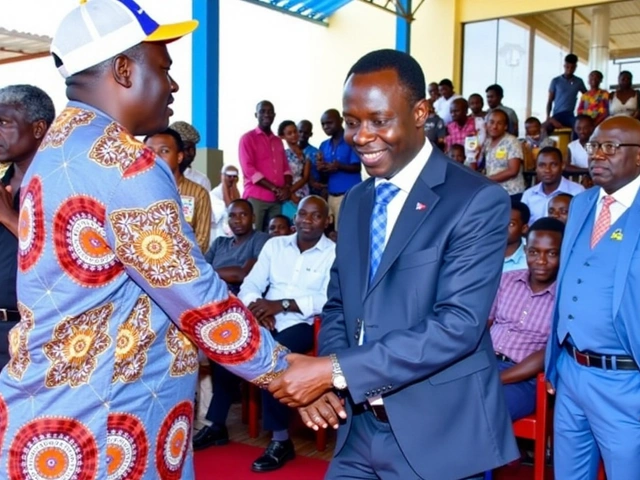Israel's Massive Strike on Hezbollah HQ in Beirut
In a major escalation of ongoing tensions, the Israeli military launched an intense strike on Hezbollah's headquarters in Beirut on Friday. The operation caused extensive damage, multiple casualties, and left a significant part of the Haret Hreik district in ruins. The strike included several explosions that targeted Hezbollah's main headquarters, which is strategically located beneath residential buildings in one of Beirut's most densely populated suburbs, Dahiyeh.
Reports indicate that Hezbollah's leader, Hassan Nasrallah, was the intended target of these strikes. However, it remains unclear whether he was present at the site during the attack. The Israeli army has refrained from commenting on specific targets, maintaining a veil of secrecy around the operational details.
Casualties and Damage Assessment
According to Lebanon's health ministry, at least six people lost their lives and 91 others were wounded in the devastating blasts. The figures are expected to rise as rescue operations continue; teams are working round the clock to search through the rubble of six collapsed buildings. This grim development has left many families in despair, waiting anxiously for news of their loved ones trapped under the debris.
Political Context and Reactions
The strike came just hours after Israeli Prime Minister Benjamin Netanyahu addressed the United Nations, where he vowed to intensify Israel's campaign against Hezbollah. In light of the attack, Netanyahu swiftly cut short his visit to the United States to return home. He underscored Israel's commitment to dismantling Hezbollah's operational capacities and securing the northern border against any militant threats.
Netanyahu's UN Address
In his speech at the UN, Netanyahu made it clear that Israel would leave no stone unturned in its efforts to neutralize Hezbollah's senior leadership and uproot the group's presence near the border. He called on the international community to support Israel's actions, presenting them as essential measures for regional stability.
U.S. Stance on the Strikes
The Pentagon confirmed that the United States had no advance warning of the strikes. This revelation highlights the complex dynamics between the two allies, especially in military operations of such magnitude. While the U.S. has generally supported Israel's right to defend itself, the lack of prior notification might strain diplomatic communications in the immediate aftermath.
Larger Context of Escalating Tensions
For nearly a year, Hezbollah and Israel have engaged in cross-border skirmishes, escalating after a deadly assault by Hamas militants on Israel on October 7, 2023. That attack resulted in approximately 1,200 deaths and the abduction of 251 hostages. In response, Israel has ramped up its military operations, conducting thousands of airstrikes, drone attacks, and artillery bombardments aimed at Hezbollah positions scattered across southern Lebanon.
The intensified conflict has led to nearly 800 fatalities in Lebanon this week alone, a significant portion of whom are civilians. This tragic toll underscores the severe humanitarian crisis that has unfolded in the region. Furthermore, more than 118,000 people have been displaced in Lebanon since the conflict's latest intensification on Monday, according to United Nations data.
International Reactions and Humanitarian Concerns
The international response to Israel's recent military campaign has been mixed. French President Emmanuel Macron has openly condemned the high number of civilian casualties resulting from the Israeli strikes, labeling the situation as 'absolutely shocking.' Macron has called for both Israel and Hezbollah to halt their cross-border aggression in hopes of preventing further loss of innocent lives.
Meanwhile, Netanyahu has been striving to garner international backing for Israel's actions, anticipating the need for broader support should a ground invasion into Lebanon become necessary. Israeli officials have been meticulously planning for such a scenario, stressing the importance of global solidarity in their fight against Hezbollah.
Rescue Efforts and Humanitarian Aid
Rescue teams in Beirut are working tirelessly amid the ruins, attempting to locate survivors and provide immediate medical assistance to the wounded. Humanitarian organizations have also stepped in, supplying essential aid to those displaced by the violence. However, the scale of the devastation has overwhelmed local resources, prompting urgent calls for international aid.
The ongoing humanitarian crisis further complicates the geopolitical landscape, as countries around the world grapple with how to respond to the unfolding disaster. Balancing the need for security with the imperative to protect civilian lives remains a persistent challenge for all involved.

Future Implications
The recent strikes and their fallout are likely to have far-reaching consequences, not just for Israel and Lebanon, but for the broader Middle East. The escalation reflects deep-seated tensions and unresolved issues that have been festering for decades. As both sides brace for what may come next, the international community watches closely, aware that any further escalation could destabilize the region even more.
For now, the urgent need is to address the humanitarian crisis, provide support to those affected, and urge a cessation of hostilities. Only through concerted efforts can there be hope for a return to stability and peace in this troubled region.






Write a comment